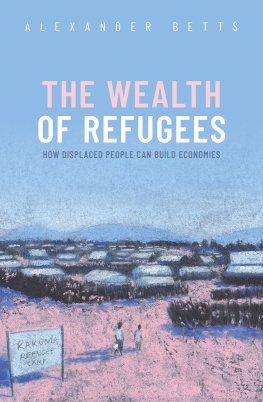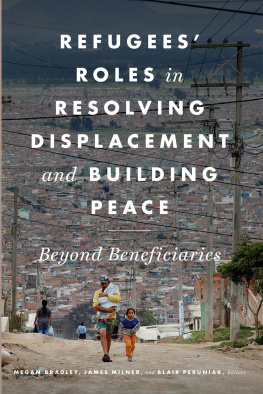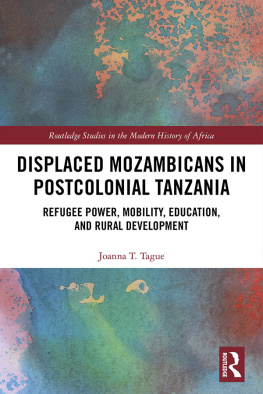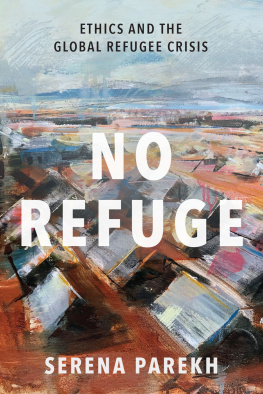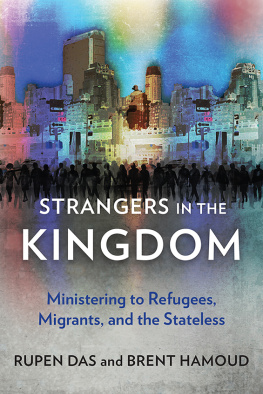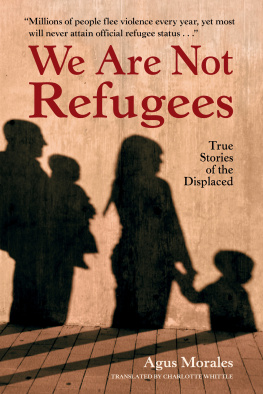Oxford University Press is a department of the University of Oxford. It furthers the Universitys objective of excellence in research, scholarship, and education by publishing worldwide. Oxford is a registered trade mark of Oxford University Press in the UK and in certain other countries
All rights reserved. No part of this publication may be reproduced, stored in a retrieval system, or transmitted, in any form or by any means, without the prior permission in writing of Oxford University Press, or as expressly permitted by law, by licence or under terms agreed with the appropriate reprographics rights organization. Enquiries concerning reproduction outside the scope of the above should be sent to the Rights Department, Oxford University Press, at the address above
You must not circulate this work in any other form and you must impose this same condition on any acquirer
Links to third party websites are provided by Oxford in good faith and for information only. Oxford disclaims any responsibility for the materials contained in any third party website referenced in this work.
In memory of Gil Loescher (19452020), who inspired me to believe that research can make a difference.
Acknowledgements
The title of this book borrows from Adam Smiths 1776 The Wealth of Nations, arguably the founding text of modern economics. It plays on the fact that throughout the intervening 250 years, economics has rarely considered the economic lives of some of those people who fall outside of the framework of the nation-state: refugees and other exiled populations.
Smiths treatise, like this book, was not just a work of economics. It was a political economy text, integrating reflections on ethics, economics, politics, and policythe four main sections of this book. At its core, the Wealth of Nations posited a simple idea: that, generally, allowing people the autonomy to make their own choices and pursue their own interests leads to the best collective outcomes. And yet these ideas have seldom shaped refugee governance, a domain in which even basic socio-economic freedoms are frequently denied. At a more trivial level, my choice of title is intended to signal the books focus on refugees economic lives, to emphasize refugees skills and capabilities, and to highlight the growing prevalence of displaced people around the world.
The numbers of displaced people and refugees are increasing due to a proliferation in the number of fragile states. And this problem is likely to be exacerbated by climate change and the economic legacy of coronavirus. The World Bank estimates that by 2050 some 140 million people may be displaced by climate change, and global economic recession threatens to amplify other drivers of displacement such as conflict and weak governance. And yet, rising populist nationalism is undermining the political willingness of rich and poor countries to admit migrants and refugees into their territories. Given these contradictory trends, I ask: how can we create sustainable refugee policies that can enable displaced people to live in safety and dignity, while still operating at scale?
My purpose in writing this book is to contribute towards practical solutions for refugees, and to do so based on social science research and evidence. In order to identify sustainable solutions, I focus predominantly on just three countries in East Africa: Ethiopia, Kenya, and Uganda. Between them, they host more refugees than the whole of the European Union. They have quite different approaches to refugeesUganda lets them work, Kenya does not, and Ethiopia has gradually started to move towards giving refugees greater socio-economic freedoms. In different ways, though, all three countries have experimented with specific, innovative approaches to refugee assistance. They provide important lessons relevant for the rest of the world.
I examine these case studies through qualitative and quantitative research, and relate the findings to other refugee-hosting regions of the world in which I have also worked, including Latin America, the Middle East, and Europe. I explore four sets of questions. First, the ethicswhat is right? Second, the economicswhat works to achieve what is right? Third, the politicshow can we get governments to do the things that work and are right? Fourth, the policywhat specifically do governments and other actors need to do next?
The books central argument is that, within this age of displacement, the key to sustainability lies in unlocking the potential contributions of refugees themselves. They bring skills, talents, and aspirations and can be a benefit rather than a burden to receiving societies. Realizing this potential relies upon moving beyond a purely humanitarian focus to fully include refugees in host-country economies, build economic opportunities in refugee-hosting regions, and navigate the ambiguous politics of refugee protection.
The scale of first-hand research involved in this book is vast, and I have not undertaken all of it alone. In particular, the work in Chapters 37 draws upon survey data collection that would have been impossible without the input of more than 200 refugee and host community research assistants, who worked with us across six main research sites in Ethiopia, Kenya, and Uganda. These chapters draw upon the analysis, guidance, and data collection of two senior researchers, Naohiko Omata and Olivier Sterck. They also relied upon the contribution of a number of research assistants and consultants, including Jordan Barnard, Raphael Bradenbrink, Imane Chaara, Antonia Delius, Eyoual Demeke, Leon Fryszer, Aregawi Gebremariam, Abis Getachew, Jonathan Greenland, Louise Guo, Helen Karanja, Jonas Kaufmann, Jana Kuhnt, Andonis Marden, Patrick Mutinda, Rashid Mwesigwa, Cory Rodgers, Jade Siu, Maria Flinder Stierna, and Clarissa Tumwine. Reflecting these contributons, Chapters 37 draw from work co-authored with several of these colleagues, originally published as part of the Refugee Economies Programme policy papers series. Finally, that research also required significant coordination, for which I am grateful to Isabelle Aires and Madison Bakewell.
I am grateful to the UN Refugee Agency (UNHCR) for supporting my field research in Ethiopia, Kenya, and Uganda, including through the provision of transportation, accommodation, advice, and logistical support. I am especially appreciative of the contributions of Clementine Awu Nkweta-Salami, Raouf Mazou, Yonatan Araya, Tayyar Sukru Cansizoglu, Fathia Abdalla, Mohamed Shoman, Eva Lescrauwaet, Ann Encontre, Jaime Bourbon de Parme, Joel Boutroue, George Woode, Dejan Tanaskovic, Tapio Vahtola, Anna Korneeva, Christine Fu, and Ziad Ayoubi. At the World Food Programme (WFP), Zippy Mbati provided support for the Refugee Economies Programmes wider research in Kenya. I also thank the governments of Ethiopia, Kenya, and Uganda for granting me and my research teams permission to undertake first-hand research in cities and refugee camps within their countries.

